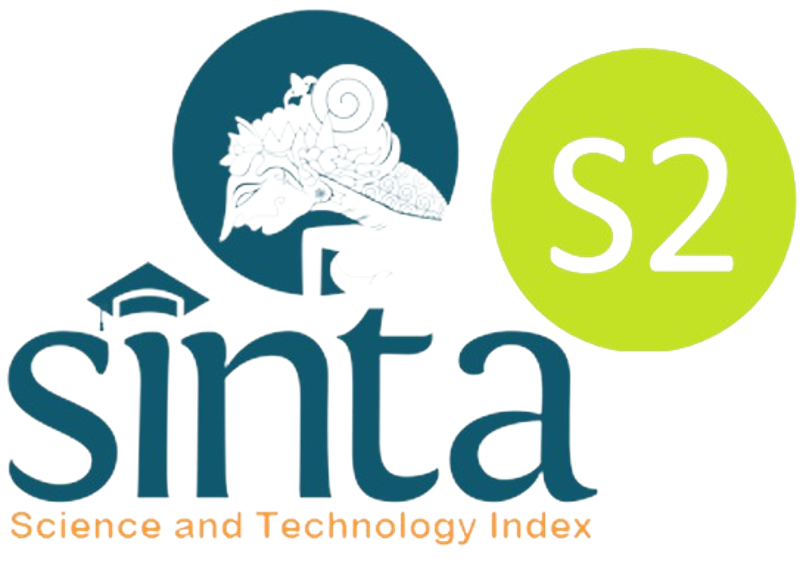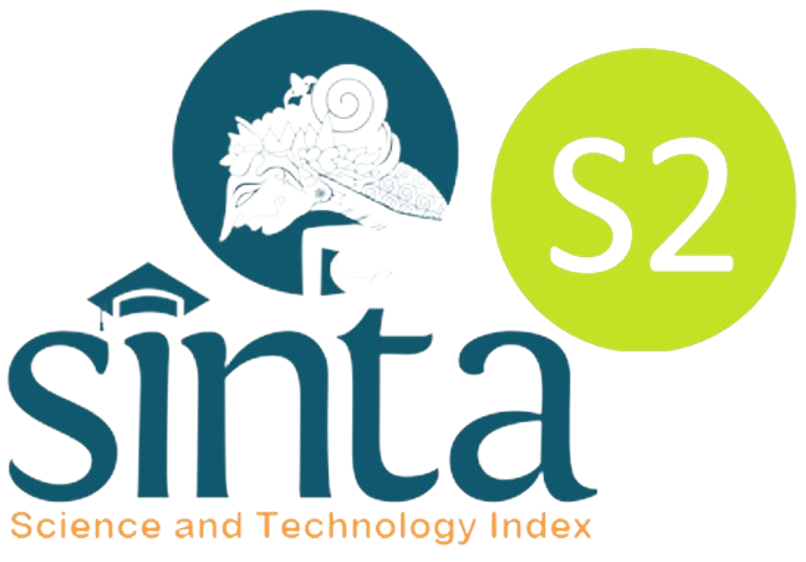Development of Physics Teaching Instruments Belong to Cooperative Group Investigation Model to Improve Students Self-Efficacy and Learning Achievement
DOI:
https://doi.org/10.26740/jpps.v7n2.p1464-1471Keywords:
Cooperative learning, group investigation, learning achievement, self-efficacyAbstract
This study aims to produce physics teachinginstruments with cooperative learning model type group investigation to improve students self-efficacy and learning achievement. Development of teachinginstrumentsusing Kemp model. The experimental design uses a one-pretest-posttest design model with three time replications. Subjects in this study are teachinginstruments and students of class XI MIPA. This research was conducted at SMA Negeri 3 Singaraja-Bali in the academic year of 2017/2018. Data were collected using validation method, questionnaire, observation, questionnaire and test. Data analysis techniques used are qualitative descriptive analysis and parametric statistical analysis. The results showed that the developed teachingintruments were valid, practical, and effective.The validitywas indicated by the average scores in a good categoryforlesson plan, BAS, student worksheet, achievement test and self-efficacy questionnaire.The practicisibilitywas showed by: (a) a good implementation of the lesson plan, (b) student activity is in excellent category, (c) the readability of BAS and student worksheet are in moderate categories, and (d) the obstacles during the learning activities can be overcome.The effectiveness was indicated by: (a) students learning achievement has increased significantly; (b) students self-efficacy has increased significantly; and (c) students respond is positive to the learning instruments and learning activity. In conclusion, physics learning instruments with cooperative learning model type group investigation can be used to improve students self-efficacy and learning achievement.Downloads
References
Anita, N.M.Y., Karyasa, I.W., dan Tika, I.N. (2013). Pengaruh model pembelajaran kooperatif tipe group investigation (GI) terhadap self-efficacy siswa. e-Journal Program Pascasarjana Universitas Pendidikan Ganesha. Juni 2017.
Aries, E.F. 2011. Asesmen dan evaluasi. Yogyakarta: Aditya Media Publishing.
Astra, Wahyuni, C., and Nasbey, H. (2015). Improvement of learning process and learning outcomes in physics learning by using collaborative learning model of group investigation at High School (grade X, SMAN 14 Jakarta). International Journal of Education and Practice, 6(11), 75-79.
Balami, Y. G. (2015). Relationship between self-efficacy belief and academic achievement of distance learners in National Teachers Institute (NTI) Adamawa State, Nigeria. International Journal of Education and Practice, 3(2), 80-84.
Bandura, A. (2001). Social cognitive theory: An agentic perspective. Psychology Review. 52, 1-26.
Dharwadkar, A.A. and Mohanthy, S. (2015). Undergraduate students and faculty perceptions on small group learning in biochemistry. International Journal of Scientific Research and Education. 3(2), 2917-2923. Mei 2017
Hake, R. R. (1999). Analysing change/gain scores. American Journal of Physics, 6(6), 6474.
Jamaldini, M., Baranzehi, H., Farajpour, N., and Samavi, A. S. (2015). The causal relationship of self-efficacy, self-concept, and attitude towards mathematics with academic achievement in mathematics by mediation of approaches to learning. International Journal of Review in Life Sciences, 5(2),41-45.
Kemp, J.E., Morisson, G.R., and Ross, S.M. (1994). Design Effective Instruction. United states of america: Macmilan Collage Publishing Company.
Mardewanti, E. (2016). Pengembangan perangkat pembelajaran dengan pendekatan CTL menggunakan model kooperatif group investigation untuk melatihkan keterampilan berpikir kritis siswa SMA pada materi fluida statis. Jurnal Penelitian Pendidikan Sains, 6(1), 1246-1254.
Martinez and Diana. 2015. The art of teaching: Instructive, authoritative and motivational. Teaching and Educational Research International, 10(2), 46-59.
Mulyasa. (2006). Kurikulum tingkat satuan pendidikan. Bandung: PT. Remaja Rosdakarya.
Pajares, F. (2005). Self-efficacy during childhood and adolescence: Implications for teachers and parents. Charlotte. 339-367.
Prabowo. (2011). Metodologi penelitian: Sains dan pendidikan sains. Surabaya: Unesa University Press.
Rasouli, E. and Nasimi, A. (2015). Impact of education in the group and collaborative teaching methods on the students learning. International Journal of Management Studies, 4(1), 40-47.
Ratumanan, T.G. and Laurens, T. (2006). Evaluasi hasil belajar yang relevan dengan kurikulum berbasis kompotensi. Surabaya: Unesa University Press.
Ratumanan, T. G. & Laurens, T. (2011). Penilaian Hasil Belajar pada Tingkat Satuan Pendidikan. Surabaya: Unesa University Press.
Riduwan. (2010). Skala Pengukuran Variabel-Variabel Penelitian. Jakarta: Kencana Prenada Media Group.
Roof, D.J. (2015). Social foundations of education and teacher efficacy. The Online Journal of New Horizon in Education, 5(1), 103-108.
Santyasa, I W. 2011. Pembelajaran inovatif.Buku ajar. Singaraja: Undiksha Press.
Sharan, S. (2009). Cooperative learning inovasi pengajaran dan pembelajaran untuk memacu keberhasilan siswa di kelas. Yogyakarta: Imperium.
Sugiyono. (2014). Metode penelitian kombinasi. Bandung: Alfabeta.
Ulfa, S. and Sugianto. (2015). Penerapan model pembelajaran group investigation melalui strategi problem based learning terhadap kemampuan memecahkan masalah fisika SMA NU Muallimat Kudus kelas X. Unnes Physics Education Journal, 4(1), 63-66.
Wiguna, I.M.H.A. (2013). Pengaruh efikasi diri, regulasi diri, dan motivasi berprestasi terhadap prestasi belajar fisika siswa kelas X SMA Negeri se-Kabupaten Tabanan pada tahun pelajaran 2012/2013. Skripsi (tidak diterbitkan). Jurusan Pendidikan Fisika. Universitas Pendidikan Ganesha.
Downloads
Published
How to Cite
Issue
Section
 Abstract views: 841
,
Abstract views: 841
, PDF Downloads: 566
PDF Downloads: 566












